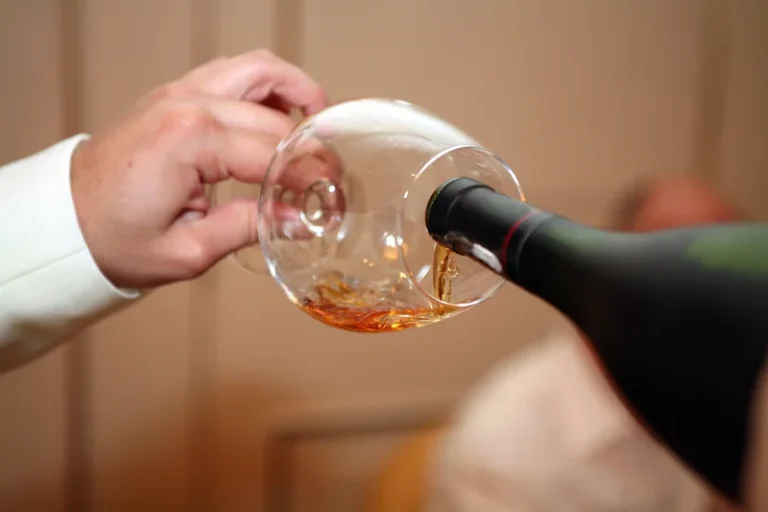
Sometimes, bruising after drinking occurs because of the fact that alcohol dilates the blood vessels. When blood vessels are dilated, you’re more likely to experience a bruise after bumping into something. This effect may explain why you’re waking up with bruises after drinking.
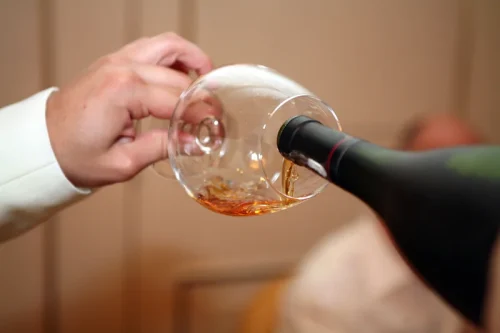
People with Alcohol Use Disorder
- Bruises result from direct trauma, bumping into something, among others that may cause damage to blood vessels.
- So when you drink alcohol and injure yourself, you can be left with a bigger, more noticeable bruise than you might see while sober.
- For the same reason you have trouble with motor control and coordination, you will also have a worse reaction time while drinking.
- Those who bruise easily and don’t have a family history of a bleeding disorder are unlikely to have a bleeding disorder themselves.
- They bruise easier because alcohol will improve the thinning that is already taking place, and the bruises are going to be much worse.
Some bleeding disorders can cause easy bruising, and those that seem speckled with purple splotches on a regular basis may think they are experiencing symptoms of a disorder like this. As The BMJ points out, bleeding disorders tend to run in families. Those who bruise easily and don’t have a family history of a bleeding disorder are unlikely to have a bleeding disorder themselves.
What Are The Common Signs Of Alcohol Use Disorder?
Someone who lives with an alcohol use disorder may experience lasting brain changes that make it difficult to stop drinking. If you’re aware that drinking is causing health problems, such as liver issues and bruising from alcohol, but you’re unable to stop drinking on your own, it’s time to seek treatment. It increases the risk of various types of cancer, as well as high blood pressure, heart disease, and stroke. Another health-related risk linked to chronic alcohol misuse is liver disease, which is often the cause of bruising from alcohol.
Take the first step Today
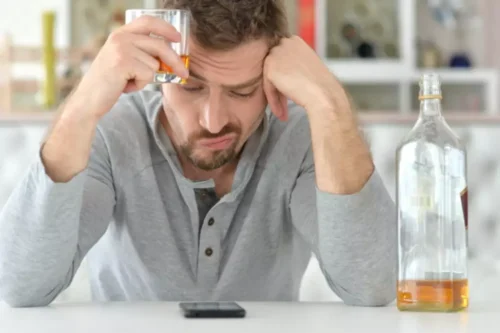
When the liver is damaged, it can no longer filter alcohol correctly, and it may not be able to keep the bloodstream healthy. According to UPMC, your liver contains about 10 percent of your total blood supply at any given time. When you’re drinking alcohol, your liver is working hard to process the toxins from your blood, but that work takes time. When you drink so much that your liver cannot keep up with the amount you’re https://ecosoberhouse.com/ drinking, intoxication can take hold.
Platelets are important for the coagulation of blood and heavy drinking impairs the generation as well as function of these platelets. The more you drink, the lesser the chance that your blood will clot, you get bruises after drinking due to those left by some minor bruises. While bumping into something while drinking may seem relatively harmless, the truth is that excessive drinking can set you up for serious injuries from falling or other accidents.
Impaired Platelet Function
A bruise is a spilling of blood beneath the surface of the skin. Typically, a bruise begins as a purple or red spot, and as it heals, and the blood is reabsorbed into the body, it can fade to green or even yellow. And when the blood vessels underneath your skin break, it causes blood to leak out. Reach out to Addiction Free Recovery today, and let us be your partner in the journey to a healthier, addiction-free life.
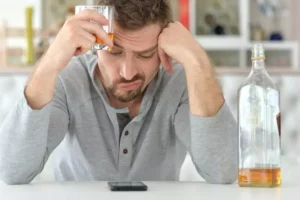
Causes Of Bruises After Drinking
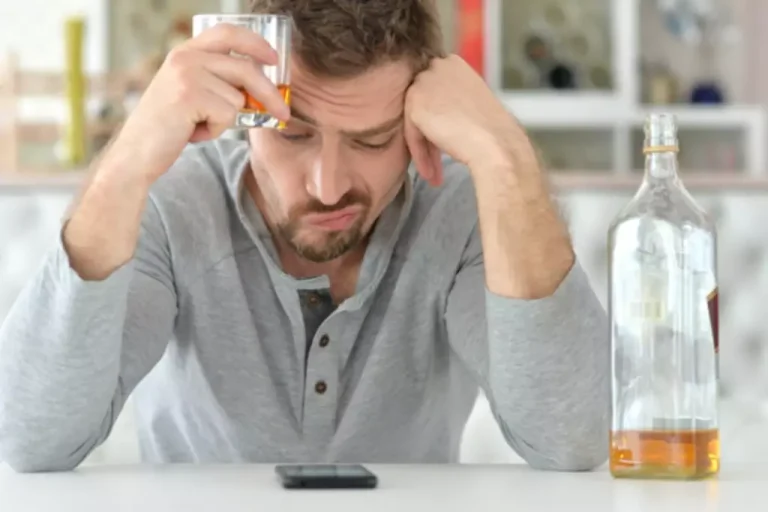
The consumption of alcohol affects your coordination and judgment and, likely increases the chances of accidents – bumping into things and falling. Most bruising after drinking often stems from unseen or unnoticed injuries. If alcohol begins to interfere with daily functioning, but what is Oxford House you have been unsuccessful with giving up drinking, seeking treatment can help you to stay committed to recovery. Liver damage from cirrhosis is not reversible, and it is linked to high mortality rates. Other signs of an alcohol use disorder include spending a significant amount of time drinking, or consuming larger quantities of alcohol than intended.
- If you regularly experience bruising after drinking, along with other signs like blackouts, strong cravings, or neglecting responsibilities, it may be time to assess your alcohol consumption.
- This article will help you understand why bruises occur after drinking, what are bruises after drinking, give tips on how to prevent them, and let you know when to visit a doctor.
- When the liver is damaged, it can no longer filter alcohol correctly, and it may not be able to keep the bloodstream healthy.
What all of this means is that people who live with an alcohol use disorder are likely to consume large quantities of alcohol. While some people may have just a drink or two on special occasions, people with an alcohol use disorder may lose control of their drinking, does alcohol cause bruising and consume ten or more drinks, for example. They may have such a high tolerance that they do not show any overt signs of intoxication, despite drinking large amounts. For the same reason you have trouble with motor control and coordination, you will also have a worse reaction time while drinking.
Large Quantities Of Alcohol Consumption
Learning to understand the interaction of drugs might be the very first step toward reducing bruising after alcohol intake and keeping one fit. That vital organ, which sits on the right side of your body beneath your rib cage, processes all of the blood in your body and cleans it of toxins before releasing it into circulation. All of these impairments can lead to more morning after bruises, but they can also make driving extremely dangerous.
